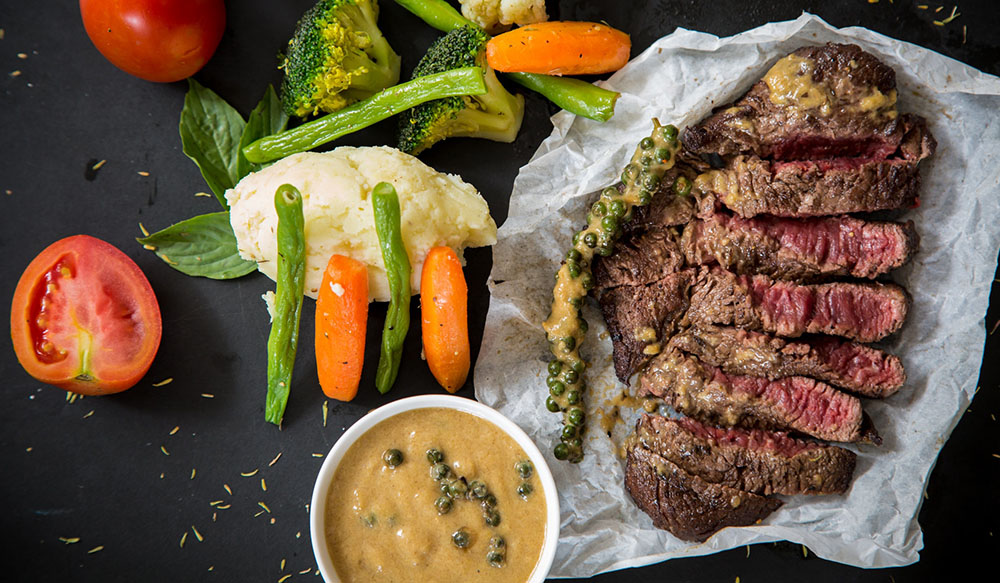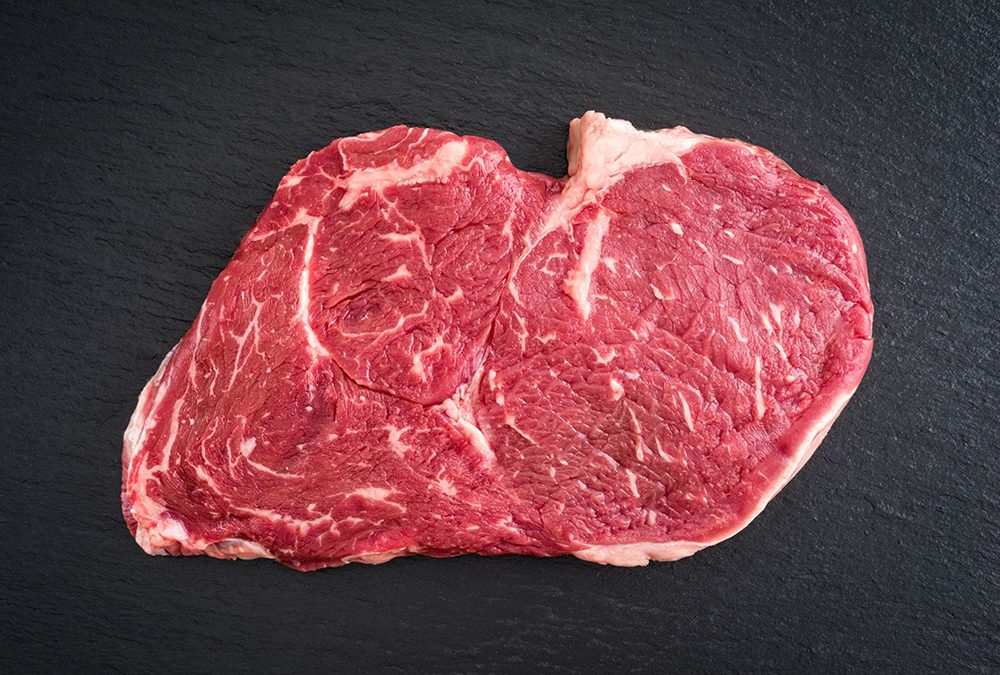In the ever-connected world we live in, it is easy to get bogged down with misleading facts but as experts in the field, we would like to clear up some misconceptions you might have.
First let’s look at what comes under the ‘red meat’ banner;
- Beef
- Pork
How much red meat should you be eating?
The world cancer research fund recommends eating no more than 500g of cooked meat each week which equates to 750g of raw meat as it shrinks in size and weight during cooking.
How do you stay within the recommended amount?
An easy way to stick within the recommendations is to stick to 5 portions of red meat each week around 70g per day. An easy way to track you are sticking to the right daily portion size is to use the palm of your hand.

Why should red meat stay on the weekly shopping list?
Red meat has been a staple in the human diet for thousands of years, the human body has a well equipped digestive system to process it.
You also get numerous essential nutrients from eating red meat, here are our top picks;
Protein
Protein found in red meat is considered a complete protein source. What this means that it provides our bodies with all the essential amino acids in the right amounts.
You may just associate protein with building bigger muscles, and although that’s true, protein serves an immeasurable number of other functions within our bodies. It is responsible for the growth and repair of all our tissues, organs, and bones.
Iron
Iron found in red meat is what is called ‘haem iron’, this is the animal-based form of iron that is easily recognised and better absorbed into the human body. It is also true that leafy green vegetables like spinach, kale, cabbage and watercress is also packed with iron, this is in the ‘non-haem iron’ form and it isn’t so readily absorbed and utilised.
Vitamin D
We can of course synthesise our own Vitamin D when our skin is exposed to UVB ray from the sun but this can be limited due to changing seasons, poor weather and wearing clothes. It is very unlikely we get enough sunlight to meet the recommended Vitamin D requirements.
If you were to stick to a plant based diet it would be really hard to come by any Vitamin D aside from Mushrooms, although red meat doesn’t contain a high amount of Vitamin D, it does provide it in the form of D3 which is ready to go in the human body.
Why is quality meat important?
Choosing quality meat doesn’t need to be damaging to the wallet but spending a few extra pounds is a worthy investment in your health and in turn your happiness.
The higher price is reflected in the flavour, texture, as well as great animal welfare and sustainable farming.
Due to the meat being minimally processed it is a rich source of many health boosting nutrients.
Processed red meat with added additives and preservatives, it gets further and further away from its natural state and has less of the benefits outlined above.
Browse our online store.
Feeling hungry? Why not order our Scottish beef and pork directly to your door within 72 hours.

